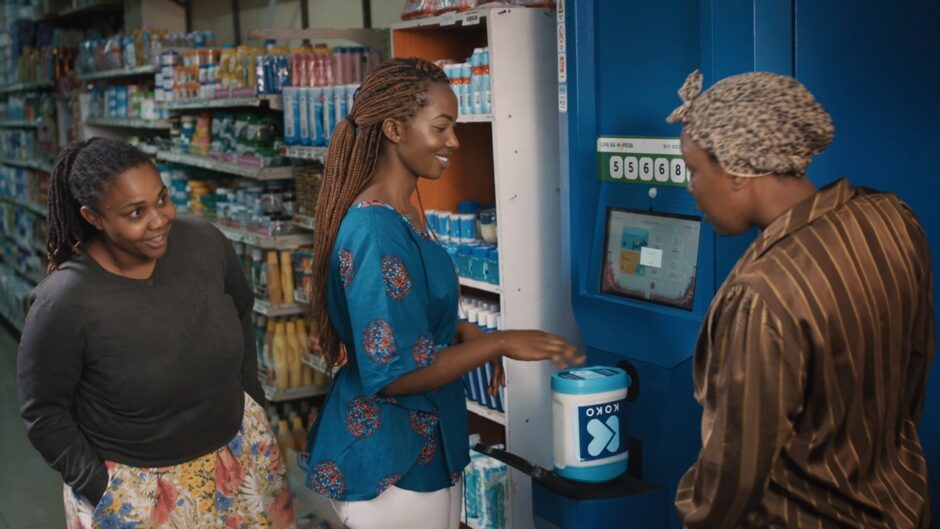
Ashden, a climate solutions charity, has chosen nine organisations from around the world to focus on sustainable development and economic growth.
The group announced its Ashden Awards on November 4 in a ceremony led by African involvement. Of the nine winners, four were from African countries, in addition to three runners up. East Africa did particularly well.
New Energy Nexus Uganda won the award for energy access innovation. The group provides low-cost clean energy loans. The runner up was KOKO Networks, from Kenya, which provides bioethanol in canisters.
YICE Uganda won the award for regenerative farming. Mbou Mon Tour, from Congo Kinshasa, won the award for natural climate solutions.
Kenya’s Solar Freeze won the award for humanitarian energy for its work providing refrigeration services, for food and medicines, in refugee camps. The runner up was SNV, which has provided clean energy products in refugee camps.
Ashden CEO Harriet Lamb said the awards “showcased bold, brilliant and ground-breaking initiatives at COP26. Our winners show what is possible in the shift to a fairer low carbon future and should inspire world leaders to take decisive action to slash carbon emissions.”
She called for leaders at COP26 to support “practical and proven climate solutions” in order to achieve a zero carbon world.
Human capacity
Talking to Energy Voice, Ashden’s Chhavi Sharma said the awards were not just for energy access but also for natural solutions.
“We would love to see a greater awareness of solutions coming out of these. The aim is to put them on policy makers radar. This is what innovation and regenerating agriculture looks like. This is protecting forests. And this is training people to deliver Sustainable Development Goal (SDG) 7,” Sharma said.
“There’s a human capacity challenge. Here, we can showcase solutions and how to overcome those challenges.”
Sharma went on to say there had been a considerable focus on technology and business models. There has not been enough focus on people, though.
The Ashden Awards go some way to highlighting “how communities have rallied together to support local innovation. It’s local entrepreneurs working in a local ecosystem.”
Awards for cooling in informal settlements and energy access skills went to Indian groups, Mahila Housing Trust and Bharatiya Vikas Trust respectively. The runners up were Pakistan’s GeoAirCon and Uganda’s Sendea Academy.
Ashden flagged three UK groups as winners. The Carbon Co-op won the award for green skills, the Kensa Group won the climate innovation award and The Welcoming the green communities award.
